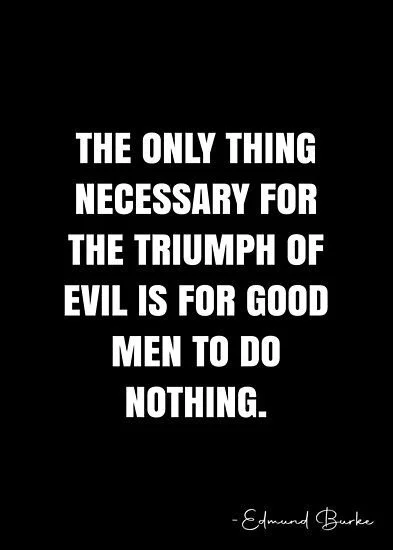Safeguarding - spot the signs
Whether you’re a teacher or a professional working with children, when someone mentions threats to safeguarding you will likely assume perpetrators of abuse, yet the threats to children we discuss in this workshop involve those within the chain of responsibility. Negligence, apathy and contempt are the biggest dangers and threats to young people from those in authority.
For a young person to feel comfortable to speak up requires tremendous courage, yet this can be in vain and in some cases lead to one’s detriment if those responsible fail to act appropriately.
As advocates for children’s welfare, it’s imperative as much as spotting the signs of abuse, (including potential abuse from arising), we do not succumb to harmful BVEMPA’s (Beliefs, values, ethics, morals, principles, attitudes) that can and lead to compromising children’s welfare.
Abusers who are connected or part of organised criminal gangs (OCG’s), religious groups, police, local authority, TV/Film are examples of those who pose a greater threat in the safeguarding process, not least those whom work directly with children due for their influence not just over children but other adults.
This can be extremely challenging when needing to report child protection concerns, not to mention when you have individuals in such groups who use their authority to discredit and diminish the integrity of those who make such reports.
Unfortunately, we live in a world where the truth is stranger than fiction. It’s estimated most victims of child abuse, know their abuser, with them usually being a family member.
There are all sorts of reasons why children may not speak up and as strange as it may sound, the people in positions to protect children often can make the situation worse.
During this workshop, you will be able to identify
- Why children remain silent
- Cultural issues that present a risk to safeguarding
- How to develop & maintain the courage and resilience to stand up/speak up when required.
- Recognise information that threatens safeguarding, such as conflict of interest
- Identify the threats which can diminish the credibility of witnesses/victims reporting abuse (including suspected abuse).
- How to report child protection concerns so as to mitigate the threat of witnesses/victims not being believed and having their credibility diminished.
The ability to critically analyse safeguarding information is necessary, even if it involves calling into question the integrity & credibility of other professionals. This can be extremely challenging when such individuals are friends or colleagues.
My hope is to encourage people to be Truth Tellers, despite whatever obstacles may present themselves.
About the Facilitator,
My name is Alfie Ritz, I have studied psychology and security in later years, yet my real expertise comes from my lived experience of CPTSD. The people, places and situations I’ve found myself in from religious upbringing (where I still had been a member till not long ago) as well as time spent in local authority/criminal justice system has given me an insight into understanding complex, charismatic and devious characters. Thus, correlating how people manipulate others whilst in positions of influence as well as using systems is something I am familiar with. In my experience I can say ‘The Truth is quite often stranger than fiction’.
In addition, I also understand the complex nature and impact of those affected by abuse.
It is why I am so passionate about championing cultures that nurture wellness, specifically within schools as from a safeguarding perspective it eliminates conflict of interest and the nurturing environment created, helps heal those who have experienced abuse. And for those who are currently being abused which might not be known about, a nurturing environment aids in encouraging a young person to come forward with full understanding & belief that they will be supported.
If what has been shared is of interest,
Register your interest below for a free consultation

